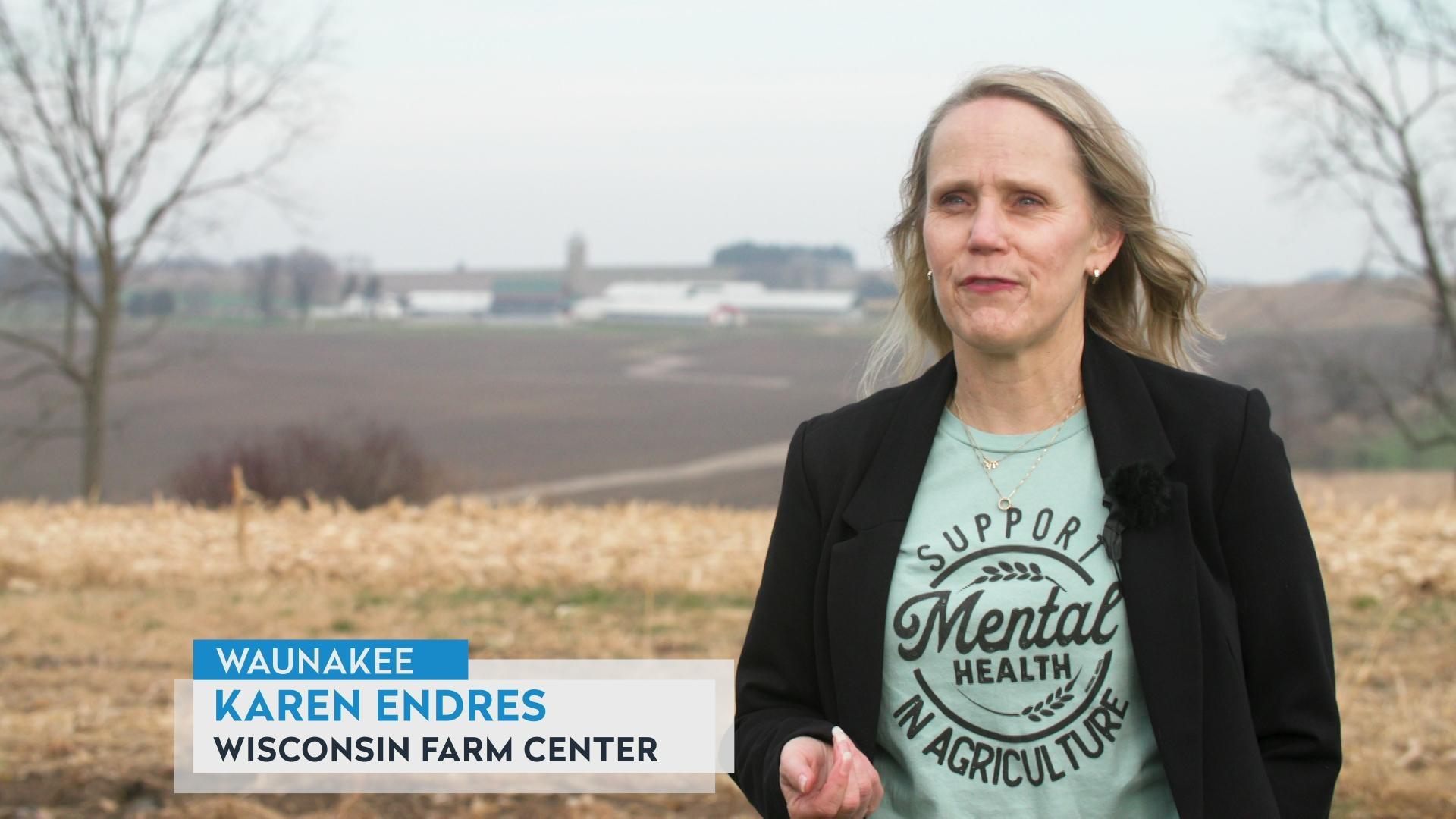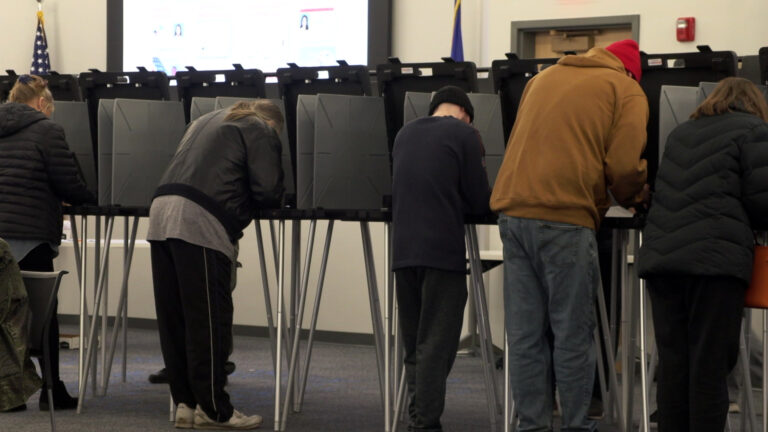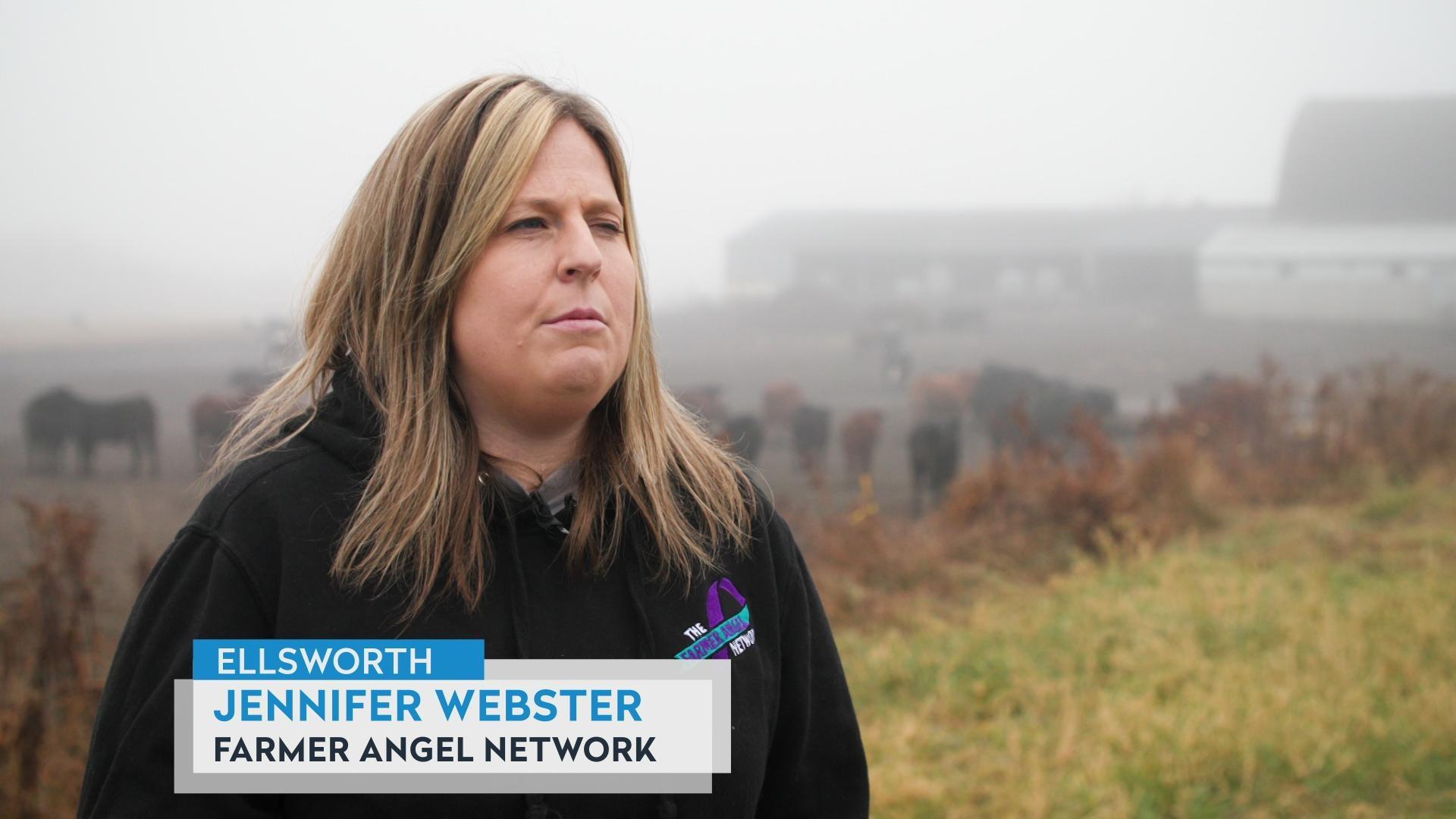Frederica Freyberg:
So you were at this watch party, obviously watching closely last night. What was your reaction to these results?
David Canon:
Well, it’s pretty surprising that Joe Biden did as well as he did. I mean the three days leading up to this were really pretty amazing in terms of the change that happened so rapidly. It’s hard to think of any other presidential nomination contest for the last 20 years where we’ve had something comparable happen. For, you know, to start with the big win on Saturday in South Carolina. Then to have Pete Buttigieg and Amy Klobuchar drop out and endorse him. And the surge that he got then you know from those endorsements basically led him to over perform in every single state. So we knew early on it was going to be big. It looked like with Virginia leading it off with a huge win in Virginia and then when you saw Massachusetts also is tight there. And that was a shocker as well because everything leading up seemed to indicate that it was going to be between Sanders and Warren. In her home state, Warren ends up coming in third and Biden carries Massachusetts. Maine another one that still up for grabs I guess but Biden is likely to win Maine as well. That was another state that Sanders was supposed to win. So early on, it looked like it was going to be a strong night but then when the southern states came in with Alabama and Tennessee and North Carolina all falling in line and then Arkansas, Oklahoma and Texas looked up for grabs. And then it looked like it was going to be close to a clean sweep. And then of course the western states came in later for Sanders and those are the ones that he was expected to win. But even there, you’d have to say that Sanders is kind of saved by the fact that there was so much early voting in those states because the four states he ended up carrying were his home state. And the three states then that had the heaviest amount of early voting and voting by mail: Utah, Colorado and California. So it’s conceivable that without the early voting, Joe Biden could have swept every state except for Vermont which is really remarkable.
Frederica Freyberg:
What do you attribute that to?
David Canon:
Well I think it’s the fact that Buttigieg and Klobuchar dropped out and endorsed him. You have a consolidation of the center. Something that, you know, the party establishment folks had been hoping for weeks and would see now for the last month or so really. People, you know, in the center of the Democratic Party really being concerned about a Sanders nomination, worried that they wouldn’t be able to win the general election against Donald Trump. And so by having two of the other leading moderates drop out and endorse Biden, that I think really did contribute to the surge. And now of course then the big news today was with Bloomberg dropping out even finishes off that consolidation basically.
Frederica Freyberg:
Do you think that Joe Biden gets Michael Bloomberg’s money?
David Canon:
He has said as much, yeah. So Bloomberg has said he is going to continue spending and give Biden his whole operation of all of the stuff that he has you know on the ground right now in in these states and continue spending. He’s indicated he’s going to spend all the way through the general election. Could be like a billion dollars. It’s amazing.
Frederica Freyberg:
So what does that mean for Bernie Sanders who won Wisconsin in 2016?
David Canon:
Well Sanders I think now is a long shot to win certainly a majority. And so right now, I think like FiveThirtyEight, one of the leading prognosticators has Sanders at only an 8% chance of winning a majority of the delegates. Now he still could end up, you know, coming in close to Biden and neither of them having a majority. And so that is still a possibility but even that seems less likely now that the final predictions of what’s going to happen taking into account Super Tuesday haven’t happened yet because we don’t have the final final results. But my guess is that once we get those final results in and especially if California ends up staying about where it is right now, where you know Sanders is going to win California but not by a huge margin. He’s still, you know, in the mid 30% range in terms of his vote in California. And so if that holds, then Biden’s going to come out of Super Tuesday with a pretty big delegate lead that’s likely to carry over now in these next states. Coming up are mostly states that Hillary Clinton won in 2016 and Sanders didn’t win.
Frederica Freyberg:
So do you suppose that the chances of a contested convention are better?
David Canon:
Well I think they’re lower now than they were before Super Tuesday because I think before Super Tuesday, like FiveThirtyEight had it at a 61% chance that it would be a contested convention. And now I think it’ll be closer to 50/50, maybe a little under 50/50 even I would guess after all the results come in. So it’s still a real possibility but it’s less likely than it was 24 hours ago.
Frederica Freyberg:
With the enthusiasm and then the infusion of Bloomberg money, how big of a threat is Joe Biden to Donald Trump?
David Canon:
Well this obviously was Trump’s biggest concern going back to the, you know, the whole Ukrainian thing and asking for the investigations of the Bidens. He was worried about Joe Biden from the beginning and I think that for a good reason. There’s no doubt that the Biden consolidates that center in a way that no other candidate really could have done. The attachment and the legacy of Obama, that obviously is a big help as well. And once Obama starts campaigning for Biden if Biden is the nominee, that’s going to help a lot. Now the big question mark obviously for Biden is his ability to bring in the Sanders supporters. Especially the young voters are the big concern there because that’s been Biden’s real core base of support and that came through last night as well. There are some states where Sanders is beating Biden by 50, 60 points among the 18 to 29 year olds. So that is really a core group of voters for him. That it’s not clear if they will — they’re not going to vote for Trump for the most part but it’s not clear if they’ll turn out for Biden in the same way they would have turned out for Bernie Sanders. And so I think that’s going to be the biggest thing that Biden’s going to have to work on if he ends up being the nominee is to make sure that that part of the Sanders coalition especially actually does turnout on the general election day
Frederica Freyberg:
All right we need to leave it there. Thanks a lot.
David Canon:
Sounds good.
Search Episodes
News Stories from PBS Wisconsin

Donate to sign up. Activate and sign in to Passport. It's that easy to help PBS Wisconsin serve your community through media that educates, inspires, and entertains.
Make your membership gift today
Only for new users: Activate Passport using your code or email address
Already a member?
Look up my account
Need some help? Go to FAQ or visit PBS Passport Help
Need help accessing PBS Wisconsin anywhere?

Online Access | Platform & Device Access | Cable or Satellite Access | Over-The-Air Access
Visit Access Guide
Need help accessing PBS Wisconsin anywhere?

Visit Our
Live TV Access Guide
Online AccessPlatform & Device Access
Cable or Satellite Access
Over-The-Air Access
Visit Access Guide
 Passport
Passport


















Follow Us